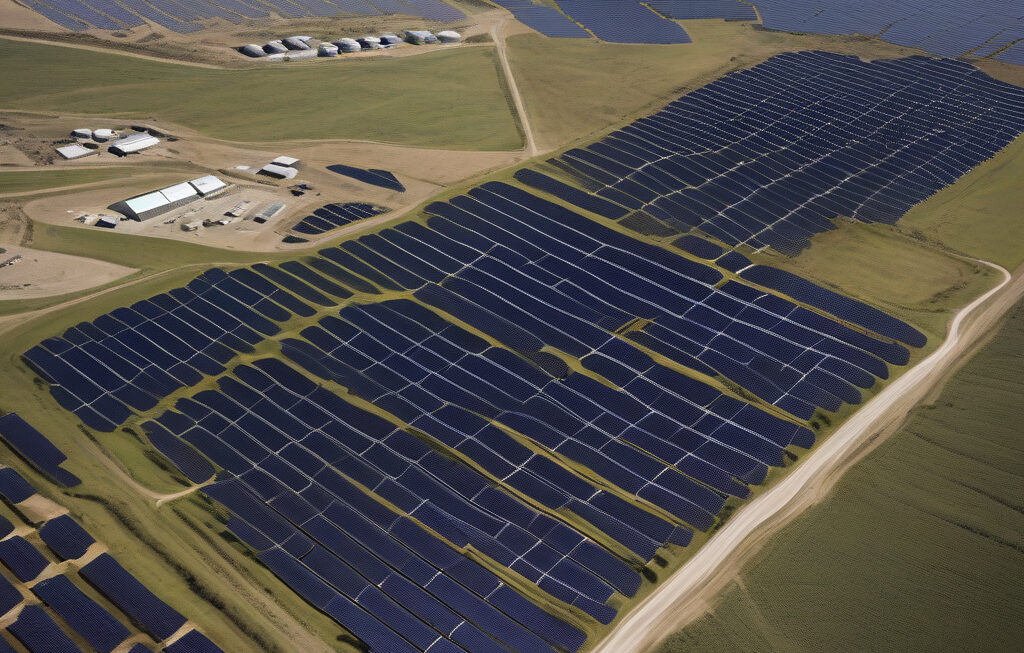Floating Solar Module with 21.78% Efficiency Can Withstand Offshore Conditions
A Chinese company has developed a floating photovoltaic module that’s claimed to be suitable for offshore conditions, marking a significant advancement in solar technology. With an impressive efficiency rate of 21.78%, this innovative solution opens up new possibilities for harnessing solar energy in areas where traditional solar panels may not be feasible.
Floating solar panels are not a new concept, but the latest development from this Chinese company sets a new standard for efficiency and durability. The ability of these modules to withstand offshore conditions makes them particularly well-suited for use in bodies of water such as oceans, seas, and large lakes. This means that countries with limited land resources for solar installations now have a viable alternative for expanding their renewable energy capacity.
One of the key advantages of floating solar panels is their potential to generate electricity without taking up valuable land space. In densely populated countries or areas with competing land-use needs, such as agriculture or urban development, floating solar arrays offer a practical solution to the challenge of limited space for renewable energy projects. By utilizing large bodies of water, these modules can help countries meet their clean energy goals without encroaching on land that could be used for other purposes.
Moreover, the high efficiency of the floating photovoltaic modules ensures that a greater amount of solar energy can be converted into electricity. This not only increases the overall energy output of the system but also makes it a more cost-effective solution in the long run. With advancements in technology driving efficiency rates higher, solar power becomes an increasingly attractive option for meeting the world’s growing energy needs.
In addition to their efficiency, the ability of these floating solar modules to withstand offshore conditions is a critical factor in their success. The harsh marine environment poses unique challenges for any structure placed in the water, including corrosion, wave impact, and saltwater exposure. By designing the modules to withstand these conditions, the Chinese company has demonstrated a commitment to durability and longevity in their product.
The potential applications for floating solar panels are vast and varied. In addition to offshore installations, these modules can also be used in reservoirs, dams, and other bodies of water. By tapping into these underutilized spaces, countries can maximize their renewable energy potential and reduce their reliance on fossil fuels. Furthermore, the modular design of these floating systems allows for scalability, making it easy to expand the installation as needed.
As the demand for clean energy continues to rise, innovations like the floating solar module with 21.78% efficiency are paving the way for a more sustainable future. By overcoming the limitations of traditional solar installations and offering a versatile solution for a variety of environments, this technology has the potential to revolutionize the way we think about solar power generation. With ongoing research and development in the field of renewable energy, we can expect to see even more groundbreaking solutions emerge in the years to come.
In conclusion, the development of a floating solar module that can withstand offshore conditions and achieve an efficiency rate of 21.78% represents a significant step forward in solar technology. By addressing key challenges and opening up new possibilities for solar energy generation, this innovation has the potential to drive the transition to a cleaner, more sustainable energy future.
solarpower, renewableenergy, innovation, sustainability, floatingmodules












